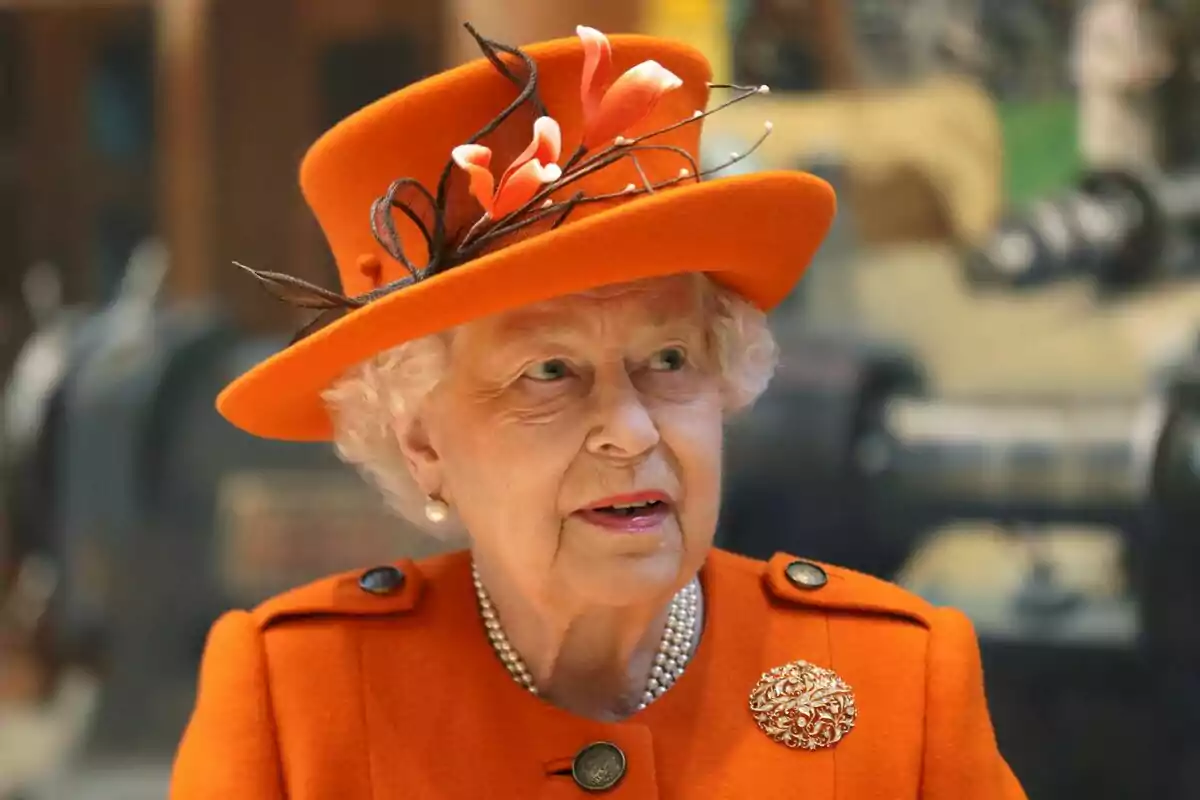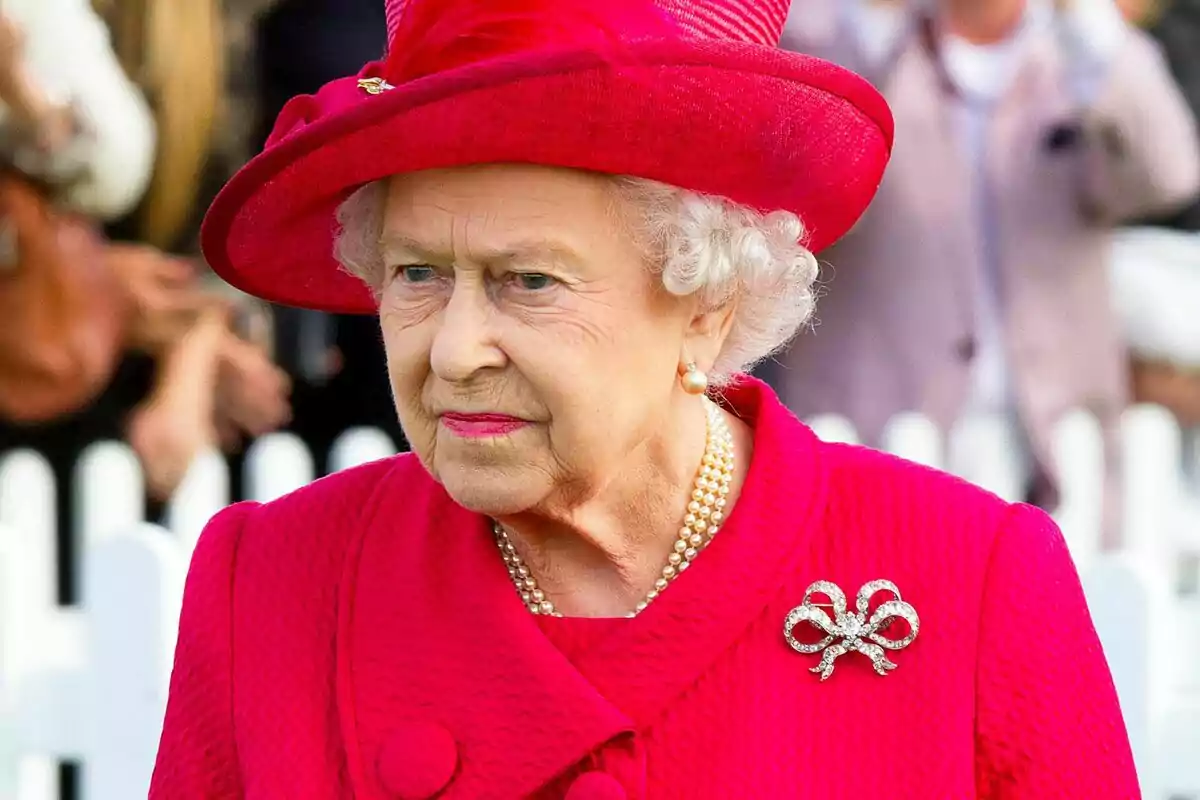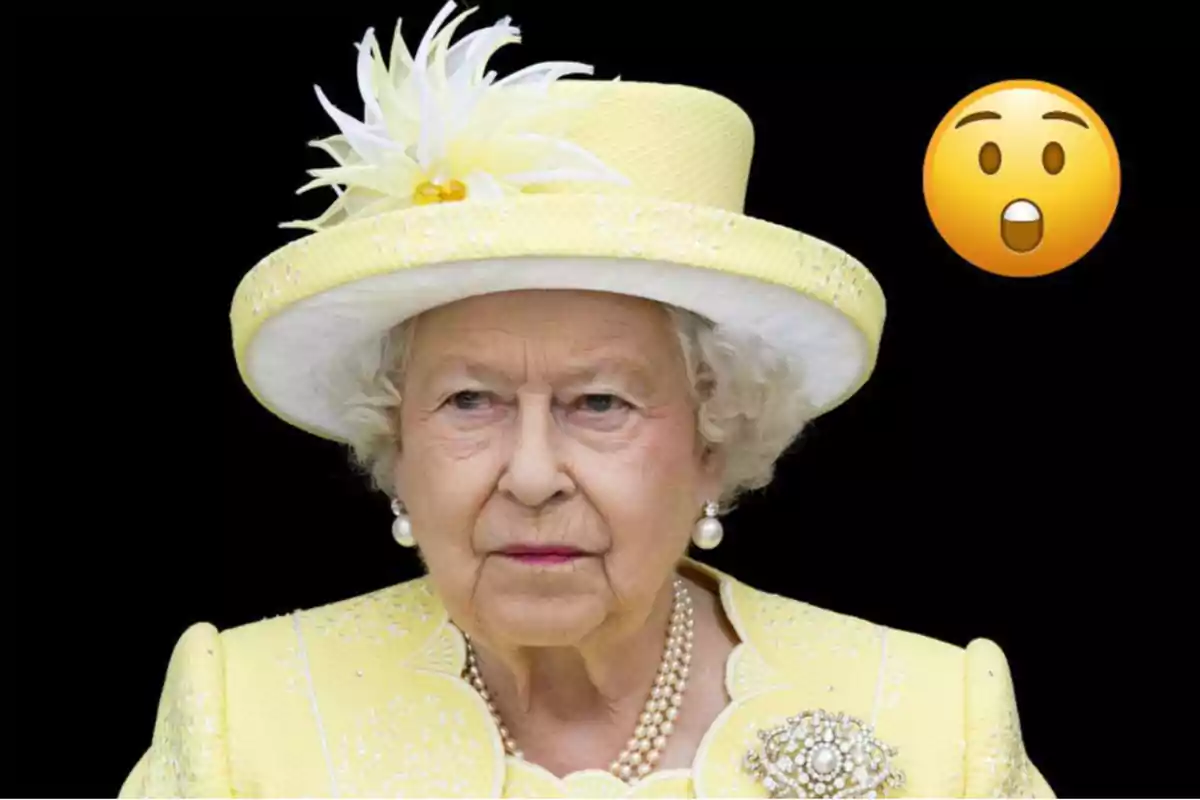Queen Elizabeth II passed away in 2022, but she has now returned to the media spotlight. All because an expert on the Windsor family has uncovered something about her. No less than he has brought to light what the sovereign always kept secret.
Valentine Lowe, an expert on the British royal family, has published a book in which he reveals one of the most unknown aspects of the sovereign. His work, titled Power and the Palace, reveals what she decided to hide from her subjects. No less than her political view on one of the most significant debates in the recent history of the United Kingdom: Brexit.

Queen Elizabeth II's calculated silence comes to light
For more than seven decades on the throne, Queen Elizabeth II represented institutional neutrality. Her image was associated with stability and distance from partisan politics, a trait that characterized Windsor in modern times. However, Lowe has explained that, despite that apparent impartiality, the monarch had clear opinions that she preferred to keep under lock and key.
The journalist states that the mother of Charles III was not indifferent to the process that ended with the United Kingdom's exit from the E.U. According to his research, the sovereign commented in private: "We shouldn't leave the European Union. It's better to stick with the devil you know."
This statement serves as proof that her thinking on the matter was much clearer than what she showed publicly. In this regard, Lowe supports his revelations with testimonies from top political figures, such as former Prime Minister David Cameron. He acknowledged that the queen "was always very careful never to express a political opinion."
"But it was always perceived that, like most of her subjects, she thought that European cooperation was necessary and important. Although E.U. institutions can sometimes be exasperating."
In fact, the journalist keeps that, if Elizabeth II had had the right to vote, she would have chosen the remain option in the referendum. That is, she would have clearly supported remaining in the European Union, contrary to the outcome that ultimately prevailed.
That Elizabeth II thought the United Kingdom should remain in the E.U. is no minor detail. The Brexit campaign was marked by division, polarization, and a battle of arguments that split the nation.
If the queen had publicly expressed her position, it is likely that the result would have been very different. Her moral authority, combined with the enormous popularity she kept, would have had a decisive weight on the scale.
The weight of the Windsor legacy in British politics
Lowe's discovery adds a new nuance to Elizabeth II's profile, and also opens a debate about Windsor's silent influence on state affairs. Although the British monarchy has as a principle not to interfere in political decisions, the perception that the sovereign kept firm opinions reinforces something. Yes, the idea that the Crown is never completely detached from the country's direction.

She, who lived through the long process of European integration from its first steps, understood better than anyone the historical, economic, and social ties that united the United Kingdom with the continent. Her reserve when it came to speaking out was due to respect for the country, through strict political silence. However, the fact that her opinion has now come to light shows just how much her figure was marked by the balance between duty and personal thought.
The publication of Power and the Palace comes at a time when Elizabeth II's figure still arouses great international interest. Almost three years after her death, British society continues to review her legacy, while her son Charles faces the challenge of keeping stability in an institution that has undergone changes. In this context, Lowe's revelation becomes another piece to understand the complexity of the longest reign in British history.
The book also doesn't only address this Brexit episode. It analyzes in detail the internal dynamics of Windsor and the power balances within the Palace. It even examines the communication strategies that for years kept the sovereign's image as a symbol of neutrality.

